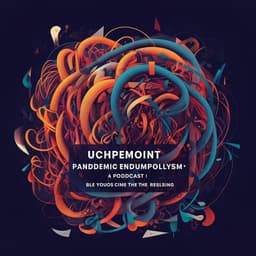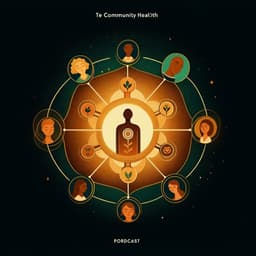
Social Work
The Zika virus crisis during the 2016 Rio Olympic Games: a media cover analysis
D. R. Toubes, J. Á. D. L. Torre, et al.
This intriguing study by Diego R. Toubes, Jaime Álvarez de la Torre, and Arthur Filipe de Araújo examines how Spanish newspapers covered the Zika virus epidemic in Brazil before the 2016 Rio Olympics. It highlights the prevalence of alarmist headlines around security issues versus the positive tone of Olympic news. Discover insights on how Destination Management Organisations can navigate crises effectively.
Playback language: English
Related Publications
Explore these studies to deepen your understanding of the subject.







